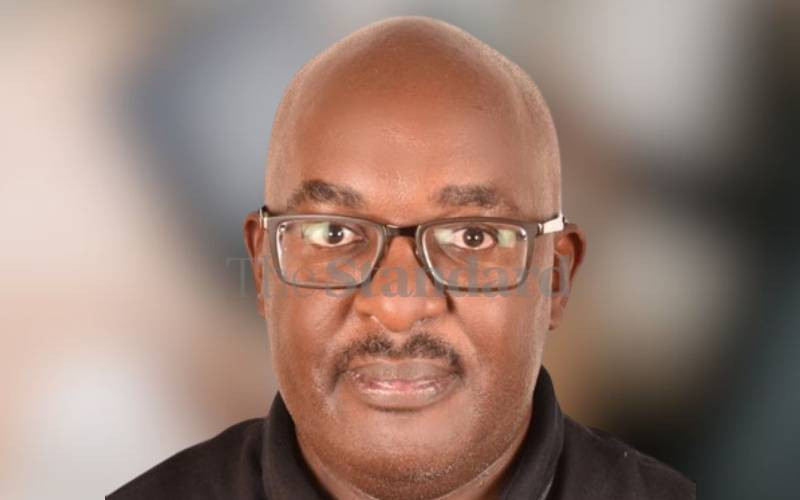
With Thursday's Institution of Engineers of Kenya (IEK) elections, the stage is set for a crucial juncture in Kenya's engineering journey. The recent IEK presidential debate, graced by two prominent civil engineers, served as a poignant reminder of the pivotal role engineers play in shaping Kenya's infrastructure and economic landscape.
Yet, amid the technical fervor, a subtle yet significant shift was witnessed-a nod towards gender inclusivity at the highest echelons of IEK's leadership. However, the stark reality persists: Less than 10 female professors adorn Kenya's engineering academia. Despite this, there's a glimmer of progress with the recent addition of the first consulting mechanical lady engineer and thus making the total number of women consulting engineers to hit the 20th mark.